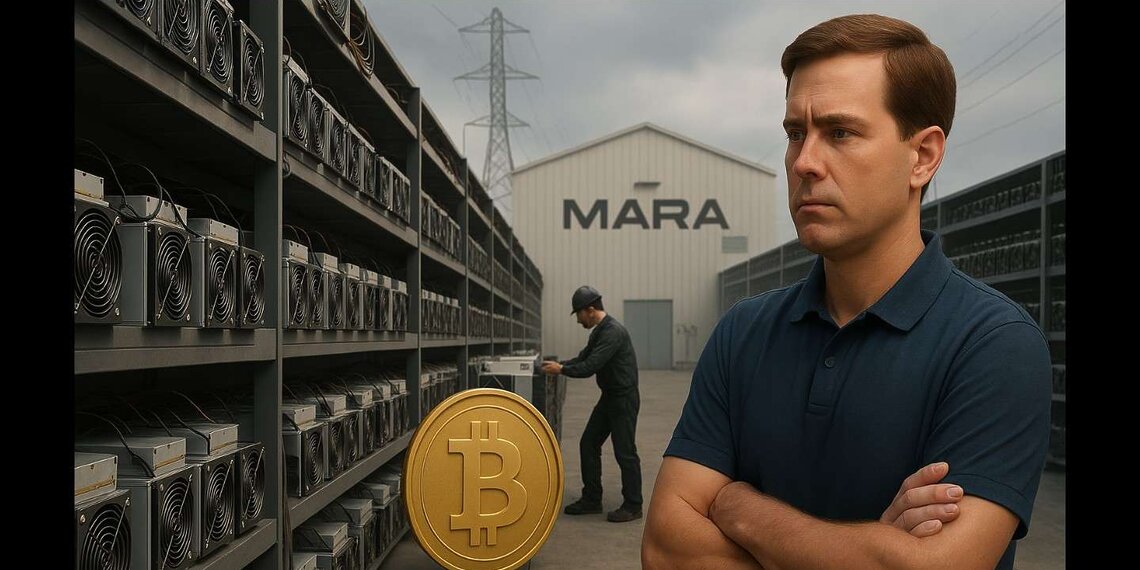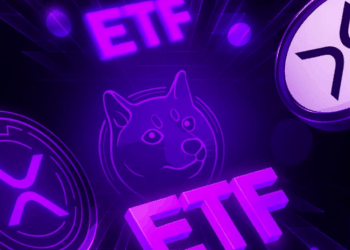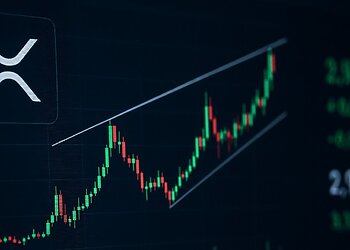As of June 30, the Florida-based miner held 49,940 BTC, valued at over $5 billion. The production slowdown was attributed to weather-related curtailments and the temporary use of older mining rigs in Garden City while storm damage was being addressed. “The decrease was primarily due to reduced uptime from weather-related curtailment and the temporary deployment of older machines… while storm-related damage was being remediated,” said CEO Fred Thiel. He also noted that “natural variability in block luck” played a role, a common factor when operating a proprietary mining pool.
Despite the dip, MARA remains focused on growth. The company plans to boost its network capacity by 40%, aiming to reach 75 exahashes by year-end. “This goal aligns with both our rapid expansion and commitment to low-cost power with efficient capital deployment,” Thiel added.
Exahashes measure the computational power and security of a mining network. Between April 30 and June 17, Bitcoin’s mining difficulty rose approximately 2.6% to 126.4 terahashes, according to CoinWarz.
MARA’s stock closed at $15.70 on Tuesday, up 0.1%, while Bitcoin was trading at $105,862, down 0.2% from the previous day.
June’s results reflect a broader cooling in MARA’s mining performance, despite a 38% increase in block production in May. Still, the company is doubling down on its Bitcoin accumulation strategy. In March, MARA announced a $2 billion stock offering to expand its BTC holdings.
Marathon is among a growing number of publicly traded firms aggressively acquiring Bitcoin, following in the footsteps of companies like Strategy (formerly MicroStrategy), which pivoted from software to crypto investment in 2020. According to bitcointreasuries.net, over 140 companies currently hold Bitcoin on their balance sheets.










